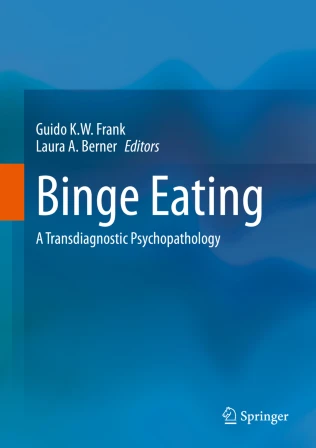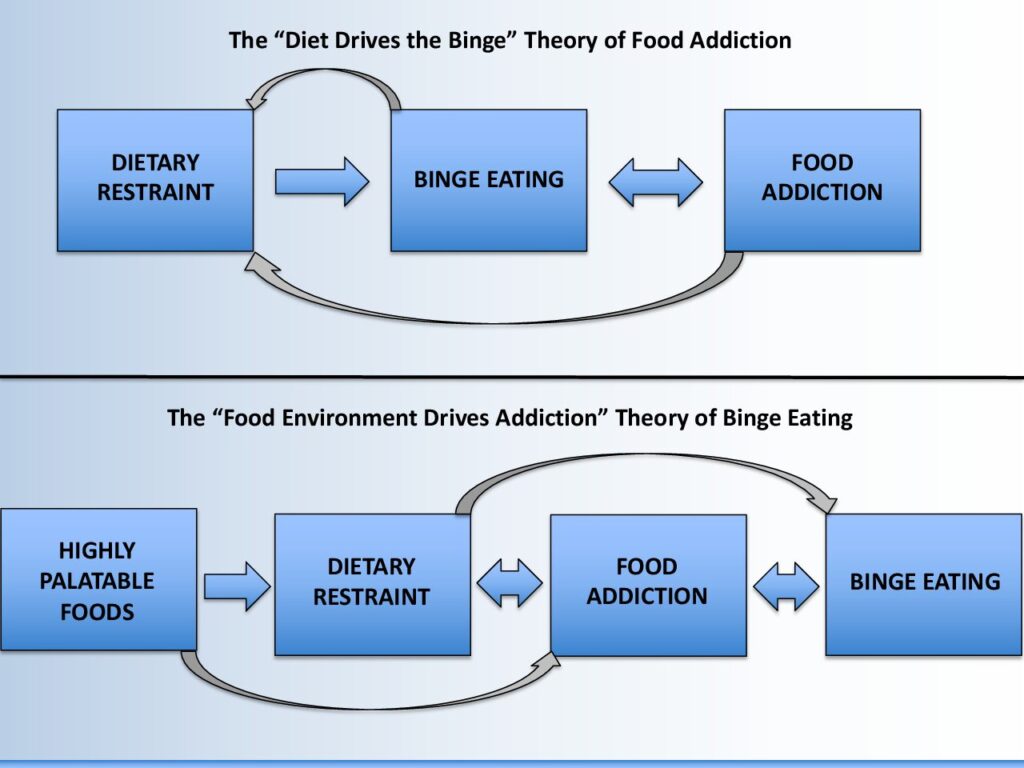Food addiction, binge eating, and the role of dietary restraint: Converging evidence from animal and human studies
By David A. Wiss & Nicole Avena

Failure to account for individual differences in the way people respond to food may contribute to poor outcomes in patients with binge eating. Eating disorders are heterogenous, and re-conceptualizing the binge eating cascade may prove important for the development of interventions at the individual and policy levels, as well as for efforts to further investigate overlapping mechanisms between food addiction and binge eating. It is also important to see where these constructs diverge to improve nutritional as well as therapeutic treatments.
Subscribe for weekly insights and research exploring the link between nutrition & mental health.
Abstract
With emerging evidence of a biological basis to binge eating, questions about the role of food addiction (FA) has stimulated scholarly debate. A major criticism of the FA construct is its failure to account for dietary restraint and weight suppression, known contributors to binge eating.
In this chapter, we examine animal and human models of addiction-like eating in the context of binge eating. Overlapping mechanisms such as reward dysfunction, craving, impulsivity, and attentional bias from animal and human studies are discussed. Directionality of the binge eating cascade is explored across different theoretical models with empirical support for multiple pathways.
We offer a “Diet Drives the Binge” theory of food addiction, and a “Food Environment Drives Addiction” theory of binge eating. While FA research highlights the neurobiological vulnerability of certain people, there is less consensus about effective interventions at the individual level. We discuss current controversies surrounding FA and important findings that may have public health implications.
